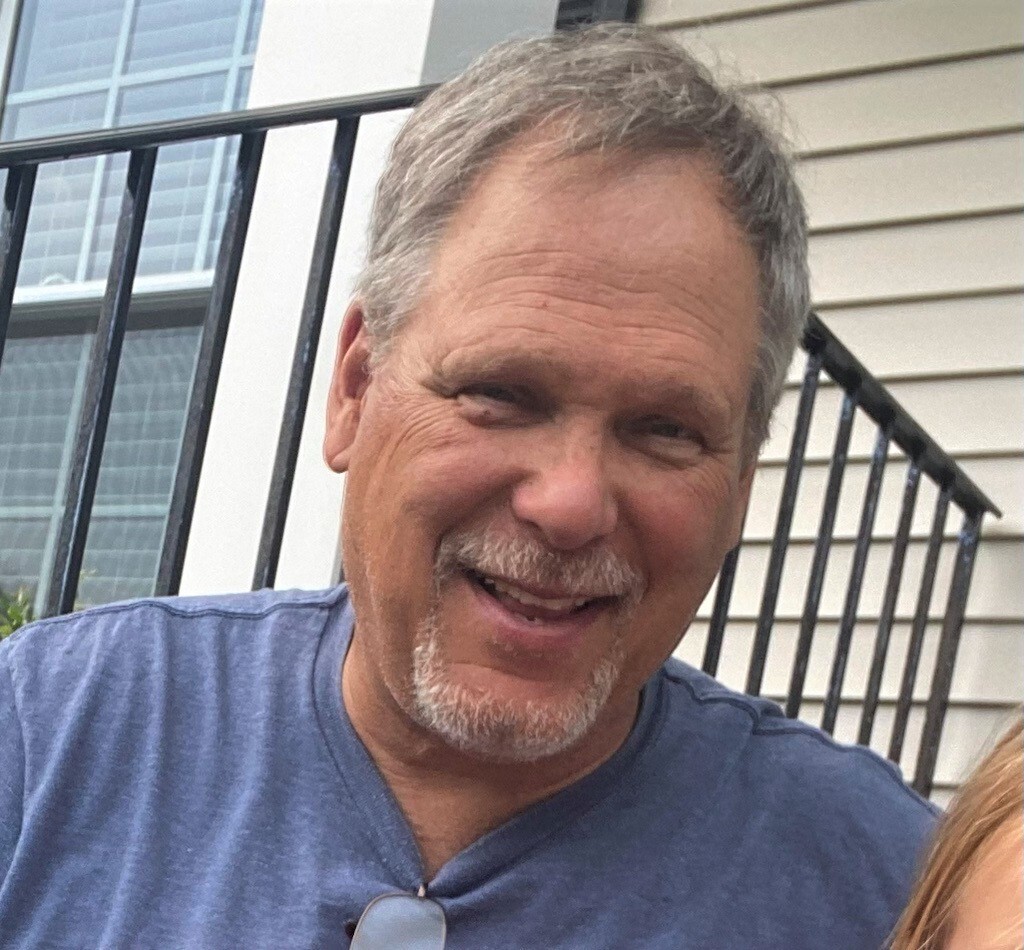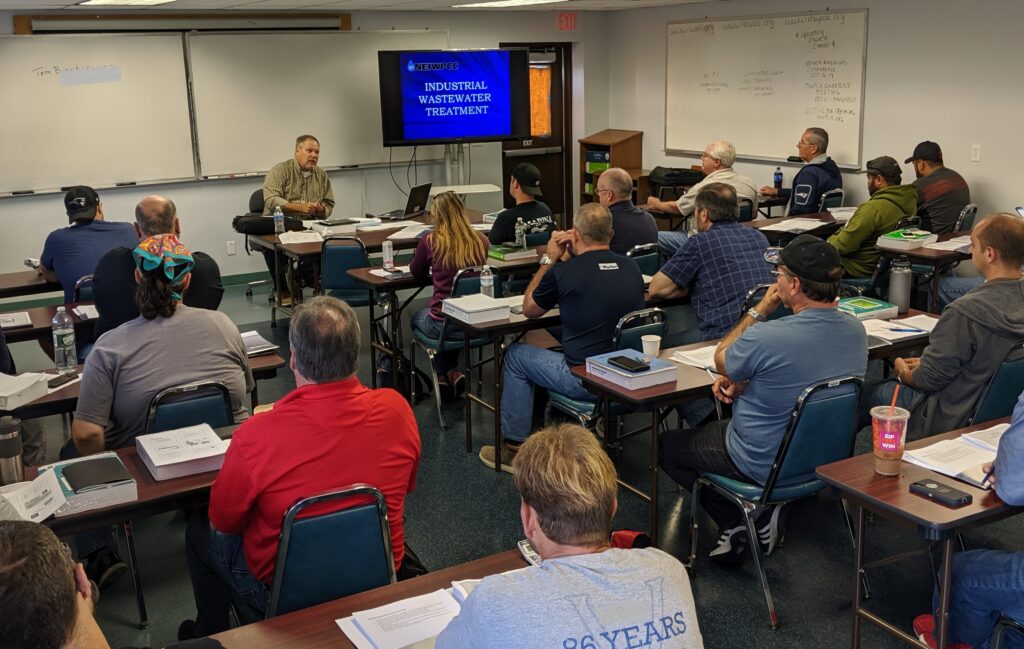By Beth MacBlane
Walking to grammar school, Thomas (Tom) Bienkiewicz recalls crossing over the Blackstone River in Blackstone, Massachusetts, always curious to see what color the river would be running that day. Sometimes it would be red, blue or green, with a cloud of suds standing six feet tall pushed up against the dam. This was typical in the 1960s and early ‘70s, before the federal Clean Water Act was established to regulate discharges, like dyes from upstream textile and paper mills on the Blackstone River.

Bienkiewicz reflects on these early memories as he shares on his 44 year – and counting – career in the wastewater industry. He served 37 of those years with the Massachusetts Department of Environmental Protection’s (DEP) Division of Water, focusing on wastewater operator training and certification.
Bienkiewicz began working closely with NEIWPCC in 2003, when the commission assumed administrative and renewal duties of the state’s wastewater operator training program. He had gained an expertise of the exam material and the certification process and challenges through his role with the Massachusetts State Board of Certification of Operators of Wastewater Treatment Facilities. As executive secretary, he managed the licensing process of operators, developed exams, oversaw exam preparation courses and reviewed new technologies.
He was also involved with certification exam development as a volunteer for more than 15 years with the Association of Boards of Certification (now Water Professionals International). For his dedication and excellence in the field, the EPA honored him with the “State Wastewater Operator Training and Certification Assistance Provider Award” in 2007.
Upon his retirement from the DEP, Bienkiewicz joined NEIWPCC as a part-time training specialist in 2017. He teaches municipal wastewater classes on basic and advanced topics, including solids processing, administration, and regulatory compliance.
“What I like about my role at NEIWPCC is that I feel we are meeting the needs of the operators,” said Bienkiewicz. “The courses aim to equip students with a strong foundation of the skills and knowledge needed to take operator exams and be good operators. By offering a variety of courses, remotely and in-person, we’re not leaving anybody out.”
In addition to his thorough understanding of municipal wastewater treatment and exam preparation, Bienkiewicz has an undeniable passion for helping his students.
“Tom draws from experience as an engineer and a regulator to craft his trainings and give students what they need to succeed,” said NEIWPCC Environmental Analyst Ryan Buckley. “He is always looking to improve classes to better support his students, and really takes the time to connect with everyone to find out what they need and how he can help.”
NEIWPCC Information Officer Shelly Jenkins, who coordinates the Massachusetts Wastewater Certification and Renewal Program, concurs. “Tom possesses an extraordinary amount of patience, treating each student as if they were his only one. Most operators in Massachusetts know him by name and hold him in high regard. Additionally, we are learning from him and all the valuable experience he brings – his feedback has significantly influenced the way we conduct training at NEIWPCC.”

NEIWPCC is constantly adjusting classes in response to new procedures and equipment. Bienkiewicz is quick to point out that the skillset needed to be an operator today has changed significantly. “We went from on/off switches on equipment to using sophisticated computer systems throughout the treatment process,” Bienkiewicz said. “Today, both municipal and industrial operators need improved computer skills to be able to react to information provided by the technology.”
Bienkiewicz adds that new challenges and procedures accompany the technological shifts the industry has experienced, such as computer failure and cyberterrorism threats. “Operators need to be prepared for almost any scenario and take the time to develop detailed emergency response plans.” He also mentions other challenges the industry now faces: emerging contaminants, increased nutrient levels, and new permit requirements.
While technology will continue to evolve, Bienkiewicz keeps his eyes on the students operating the equipment, ensuring they have the tools and experiences needed to succeed in their careers and further the wastewater industry. When he’s not training, Bienkiewicz is enjoying his retirement fishing and kayaking on a transformed Blackstone River, due in part to his own many years of dedicated service.
This article was originally published in the Spring 2025 edition of Interstate Waters magazine. Beth MacBlane is an information officer with NEIWPCC’s Division of Communications and Outreach.